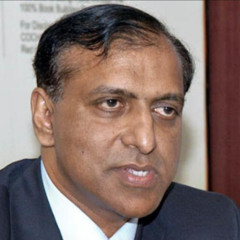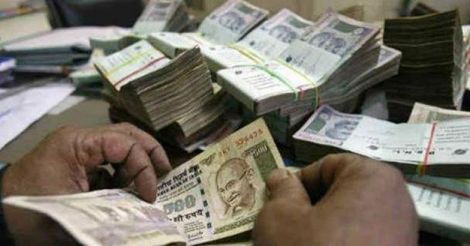Around Rs 2.11 lakh crore equity capital package (Recapitalization bonds Rs 1.35 lakh croe, budgetary support Rs 18000 crore and fund raising by banks Rs 56000 crore) spread over two years, was announced to strengthen ailing PSU banks to shore up lending, in October, 2017. This package is also intended to revive investment, crucial for job creation in the economy. Effectiveness of recapitalization depends on how best the banks use the capital and deal with NPAs. This route is the only option available now to salvage the performance of public sector banks, who are still lagging behind private sector banks.
About 11 banks are brought under Prompt Corrective Action (PCA) for shortage of capital and high level of Non-Performing Assets. This package is expected to increase lending only after cleaning up of more than Rs 8 lakh crore stressed assets. Resolving NPA issue through newly-introduced NCLT (National Company Law Tribunal) and IRC (Insolvency and Bankruptcy Code) route is a long drawn out process. The scope for lowering policy rate may be bleak even if credit growth is revived because of perceived continuation of inflationary situation. The expected changes in the budget are:
As the PSBs contribute around 80% of the banking system, the government is focusing on consolidation and growth simultaneously and hence, the budget may propose consolidation of some banks through mergers, which may contribute greater economies of scale in their operations. If so, that will be the biggest structural change in the banking sector, as envisaged in second Narasimham Committee Recommendations, in the 49 years of nationalization of banks.
Capital is an all time requirement for the banks. Bailing out by providing higher dose of recapitalization is like artificially oxygenating the system and this exercise is not ideal to follow on a long term basis. Year by year the economy is facing new challenges of job creation, inflation, inadequacy of capital, staggering rate of NPAs and so on. Under the above circumstances the budget may focus on initiating steps to reduce NPAs of the banks.
Budget is expected to focus on improving credit inflow to MSME (Micro, Small & Medium Enterprises), the agriculture segment and increasing subsidized lending for affordable housing as per the government’s agenda of ‘Housing for All’. Tax sops and subsidy on home loans can enhance the portfolio of first time home buyers to purchase affordable housing.
Another expectation is the increase in the TDS limit for bank interest from the current Rs 10,000.
With a view to augment financial inclusion and enhancing productivity, budget may introduce incentives for digitalization. Because of the lower rate of interest on bank deposit, it is expected that an enhanced interest rate for senior citizens may also be considered.
Recapitalization package is expected to be linked to performance of the bank. It is timely to introduce major changes in banking HR policy such as better compensation packages, performance based incentives, stock option, faster promotion etc to attract the best talent. The government is conscious that banking workforce has a big role to play in the nation’s economic growth and these calls for imparting better operational freedom to PSBs. Success of the package depends upon effectiveness of regulation coupled with imparting better professionalism, decision making autonomy and enough leeway for speedy NPA recovery management. Pofessionalism and greater autonomy always go hand in hand. Compensation practices, training and recruitment policies may undergo a change in view of the entry of new generation private sector banks and the recent addition of small finance and payment banks.


























